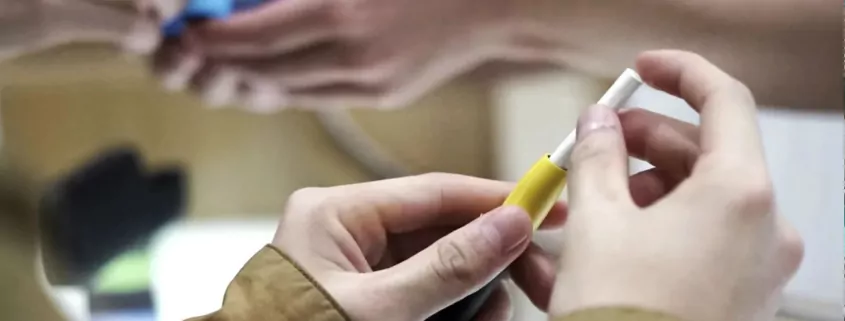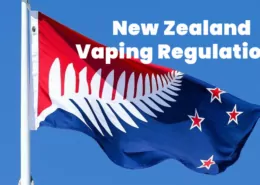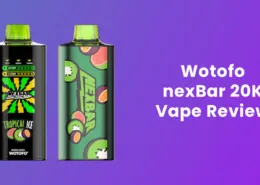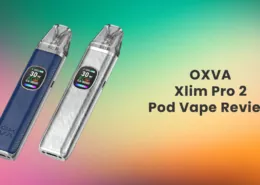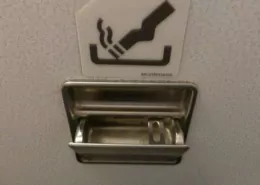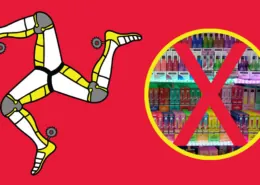New Zealand Extends Heated Tobacco Tax Cut to 2027
A controversial tax break for Heated Tobacco Products (HTPs) in New Zealand, primarily benefiting tobacco giant Philip Morris, has been extended for an additional two years, pushing a planned evaluation of its effectiveness to July 2027. The initial tax cut, which halved the excise duty on HTPs in July 2024, was introduced by NZ First Associate Health Minister Casey Costello as a one-year trial, with the stated aim of encouraging smokers to switch from more harmful combustible cigarettes to these potentially less risky alternatives.
However, the extension has drawn sharp criticism from the opposition and public health advocates, who label the promised evaluation a “total sham” and question the government’s priorities at a time of strain on the health system. Labour’s health spokesperson, Ayesha Verrall, condemned the move, stating, “This government has the wrong priorities. It is giving tax breaks to tobacco companies now valued at over $300 million and the evaluation they promised, to check that it was helpful, is a total sham.”
Justification for the Extension: Market Unavailability
Minister Costello’s office defended the decision to extend the tax cut trial, explaining that an evaluation after the first year would be “meaningless.” This is because Philip Morris had to withdraw its flagship IQOS HTP device from the New Zealand market for several months last year after it failed to comply with new safety regulations requiring vaping devices to have a removable battery. A spokesperson for the Minister stated, “There wasn’t an evaluation because of the withdrawal of HTPs from the market… Any report back would be meaningless as the cheaper HTPs were only available for two months.”
The requirement for removable batteries has since been ditched by Minister Costello, a move she said was necessary to resolve legal action from Mason Corporation, which owns the Shosha vape store chain. With HTPs now returning to the market, the government argues that extending the review period to July 2027 will provide more substantial market data to properly assess whether a “sustained price reduction encouraged uptake by smokers” and helped reduce overall smoking rates. The evaluation will also reportedly look at whether HTPs encouraged smokers away from even safer alternatives like vapes and the extent of any “unintended uptake by young people.”
Contradictory Advice and Unproven Benefits
The initial decision to cut the HTP tax was made despite health officials advising Minister Costello that there was no clear evidence HTPs were effective for smoking cessation or significantly safer than cigarettes. Costello claimed to have her own “independent advice,” which, when later released, consisted of five articles that critics said were either outdated, about different products, or offered only weak support for her position. Treasury officials also noted that Philip Morris held a monopoly in the New Zealand HTP market and would be the primary beneficiary of the tax cut.
Furthermore, a March 2025 Ministry of Health (MOH) briefing to Costello, obtained by RNZ, revealed that Philip Morris had not initially passed on the full excise reduction to consumers. “There was no price change passed through to customers for the first month,” the MOH observed. The briefing also highlighted the difficulty in assessing harm reduction, stating, “we will not be able to track whether those same people were previously using, or likely to use vapes, for example, whether they moved from a safer alternate product to a more harmful one.” This is particularly relevant as officials from both Treasury and the Ministry of Health have advised Costello that HTPs are considered much more harmful than vaping, contrary to her claim that they “have a similar risk profile to vapes.”
Political Allegations and Industry Influence
The extension of the tax break for Philip Morris products comes amidst allegations of a close relationship between the NZ First party and the tobacco giant. Documents released in separate litigation against the vaping company JUUL alleged that Philip Morris had pitched draft legislation to NZ First as part of a lobbying campaign for its IQOS HTPs. A lobbying firm advising JUUL claimed that NZ First leader Winston Peters had a relationship with Philip Morris and that “any regulation he champions is likely to be very industry friendly.”
Mr. Peters has dismissed these claims as a “tissue of baseless accusations,” arguing that engagement with the tobacco industry is legitimate and that multiple government departments have also met with “big tobacco” for feedback on legislation. Nonetheless, the context has fueled criticism from public health groups like Health Coalition Aotearoa and Vape-Free Kids, who have called for Prime Minister Christopher Luxon to strip NZ First of the tobacco and vaping portfolio. The Prime Minister has so far defended Minister Costello, stating she is doing a “great job.”
Conclusion: A Controversial Policy with an Uncertain Future
The extension of the HTP tax cut deepens the controversy surrounding New Zealand’s tobacco harm reduction strategy. While the government frames it as a necessary step to properly evaluate a policy aimed at helping smokers quit, critics see it as a costly concession to a single tobacco company with unproven public health benefits. The Treasury’s latest update forecasts the tax cut could cost up to $293 million if continued until 2029. As the trial period now extends to 2027, the debate over whether this policy represents a pragmatic approach to harm reduction or a capitulation to industry interests will undoubtedly continue, with the health of New Zealanders and the integrity of its policymaking process at the center of the discussion.
- Kazakhstan Seizes 150k Illegal Vapes in Almaty Raid - July 30, 2025
- Brazil Police Crack Down on E-Cigarette Smuggling - July 30, 2025
- Experts Urge South Africa to Adopt Science-Based Vape Policies - July 30, 2025

